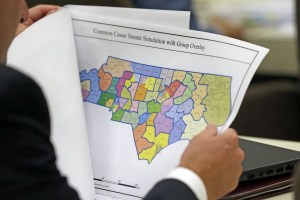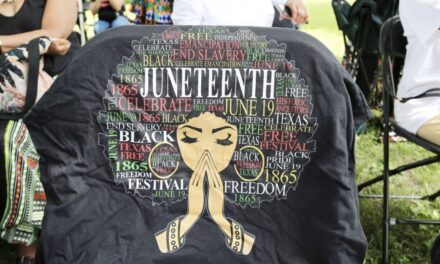By Reginald Williams,
Special to the AFRO
On June 27 the U.S. Supreme Court upheld a North Carolina Supreme Court ruling against North Carolina’s Republican lawmakers with a 6-3 decision. The dispute pertained to an attempt to redraw a congressional state map.
The Democratic Party raised concerns that the new map would have likely given Republicans 10 out of 14 seats in the U.S. House of Representatives. However, the North Carolina Supreme Court ruled the actions by the GOP were biased against Democratic voters.
The Republican Party responded to the state’s Supreme Court decision by attempting to use the independent state legislative theory presented in Moore v. Harper. The idea proposes that the state legislature should be given broad power to practice partisan politics. If upheld, would have given unencumbered power to state legislatures nationwide when dealing with federal elections.
“Adopting the theory would have granted unchecked authority over voting laws and elections, creating a worrisome landscape where state politicians could dictate election results and ignore the state constitution,” National Coalition on Black Civic Participation (NCBCP) released in a statement.
While elections for congress and the presidency are held at the federal level, the state legislatures design the nuances for cases on constitutional rights on a state level. It isn’t uncommon for delegates to attempt to steer policies that keep them in power by participating in polarizing practices like gerrymandering or voter suppression.
“Today, our nation’s highest court affirmed our democratic system’s checks and balances and rejected this dangerous effort to sow chaos and doubt in our federal elections,” explained Melanie L. Campbell, president, and CEO of the NCBCP. “This decision prevents state legislatures from granting themselves exclusive power to establish the rules for voting and elections, without having to deal with state constitutional limits and state court intervention.”
State legislatures are officially subject to congressional override through a system of checks and balances. The decision by the SCOTUS on June 27 upheld the constitutional stronghold that, “one branch of government would not garner excessive power.”
The post Supreme Court rules independent state legislative theory is unconstitutional appeared first on AFRO American Newspapers .











